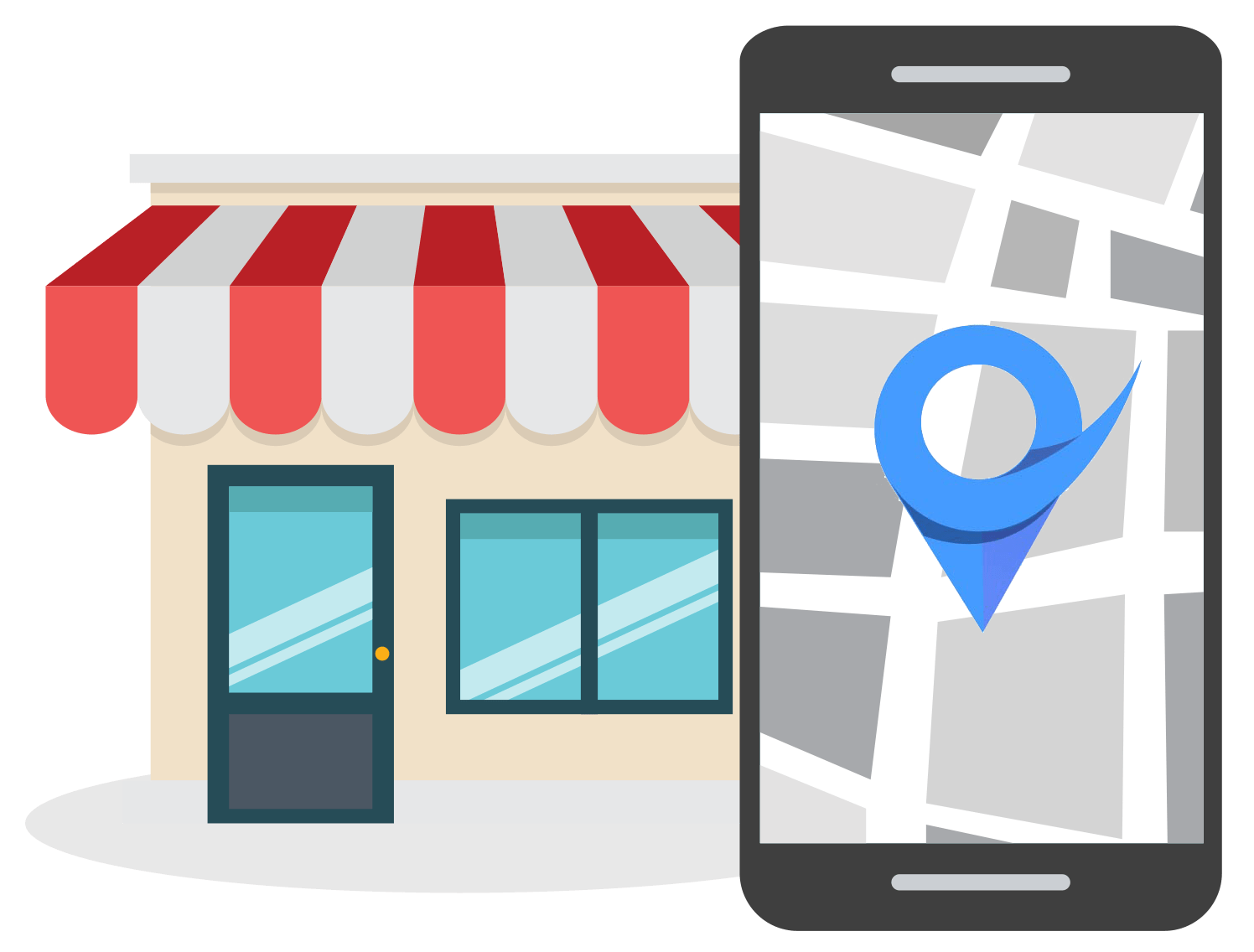What is Hyperlocal Marketing & 6 Strategies for Success
Dec 7, 2023
Businesses, small and large, should strive to connect with their target audience on a personal level. Enter hyperlocal marketing, a game-changing strategy that is revolutionizing the way brands engage with customers.
But what exactly is hyperlocal marketing?
Simply put, it's a highly targeted approach that focuses on reaching potential customers within a specific geographical area.
Whether you're a large corporation or a small local business, understanding and harnessing the power of hyperlocal marketing can make all the difference in driving meaningful customer interactions and boosting your bottom line.
In this article, we'll explore the ins and outs of hyperlocal marketing, why it's crucial for businesses of all sizes, and provide actionable strategies to succeed in this ever-evolving landscape.
What is Hyperlocal Marketing?
Hyperlocal marketing is a targeted marketing strategy that focuses on engaging with potential customers within a specific geographical area. It involves tailoring your marketing efforts to reach individuals based on their location, delivering personalized and relevant messages that resonate with their local context.
This localized approach allows businesses to establish a strong presence in their immediate community and build meaningful connections with their target audience.
Imagine you own a local gardening and landscaping company in Austin, Texas . Utilizing hyperlocal marketing, you can create marketing campaigns that specifically target individuals within a certain radius of the city or specific neighorhoods.
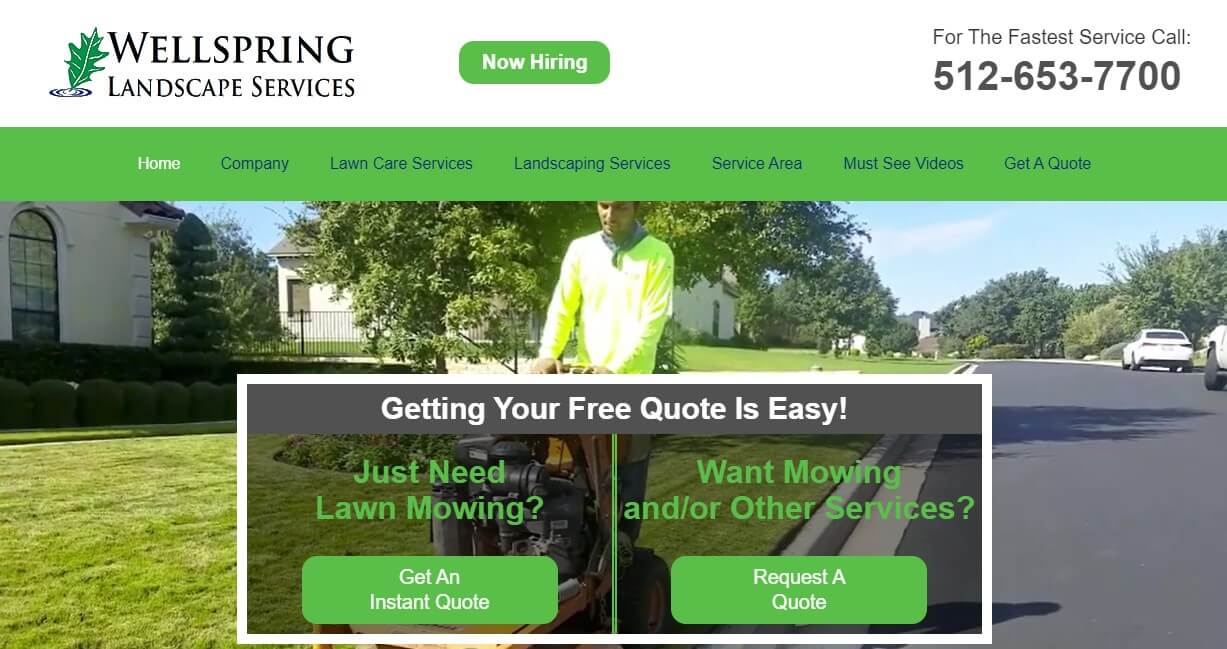
Why Hyperlocal Marketing is Important for All Businesses
Hyperlocal marketing holds immense significance for businesses, regardless of their size. Let's delve into why this strategy is crucial for both large enterprises and local businesses.
1. Large Businesses
For large businesses, hyperlocal marketing provides a unique opportunity to connect with customers on a more individual level.
By honing in on specific locations, these businesses can tailor their messaging and offerings to resonate with the local community.
Here's why hyperlocal marketing is vital for larger enterprises:
- Establishing a Local Presence: Large businesses often struggle to establish a meaningful connection with local communities. Hyperlocal marketing allows them to build brand recognition, foster trust, and become an integral part of the local community.
- Increased Relevance: By delivering targeted messages, promotions, and events to a specific area, large businesses can position themselves as relevant and responsive to the needs of local customers.
- Competitive Edge: In highly competitive markets, hyperlocal marketing enables large businesses to differentiate themselves from global competitors by focusing on local values, preferences, and needs.
- Enhanced Customer Experience: By understanding the unique challenges and opportunities within a specific location, large businesses can tailor their customer experiences, providing localized solutions, and fostering stronger relationships.
2. Local Businesses
For local businesses, hyperlocal marketing is not just important; it's often the key to survival and growth within their immediate community.
Here's why hyperlocal marketing is essential for local businesses:
- Targeted Reach: By focusing marketing efforts on a specific geographical area, local businesses can optimize their resources to reach their ideal customers effectively.
- Community Engagement: Hyperlocal marketing allows local businesses to establish themselves as trusted community members, forging personal connections, and nurturing long-term loyalty.
- Competing with Larger Brands: By leveraging their unique local knowledge and intimate understanding of the community, local businesses can compete with larger brands and gain a competitive edge.
- Word-of-Mouth Amplification: Hyperlocal marketing strategies, such as community events or partnerships, can generate positive word-of-mouth buzz, driving awareness and attracting new customers.
- Supporting the Local Economy: When local businesses thrive, they contribute to the growth and sustainability of the local economy, creating jobs and fostering economic development.
By recognizing the importance of hyperlocal marketing and leveraging its benefits, both large and local businesses can unlock new avenues of growth, establish strong connections with their target audience, and drive success in an increasingly competitive marketplace.
In the next section, we will discuss some tips for succeeding with hyperlocal marketing.
Hyperlocal Marketing Tips
Now, we'll share some of the best hyperlocal marketing tips you can use to promote your business in your community.
Optimize Your Google Business Listing
One of the most crucial aspects of hyperlocal marketing is optimizing your Google Business listing.
Google Business listings serve as a digital front door for businesses, providing essential information to potential customers searching for local products or services. These listings appear prominently on search engine result pages for local searches, making them an invaluable resource for hyperlocal marketing efforts.
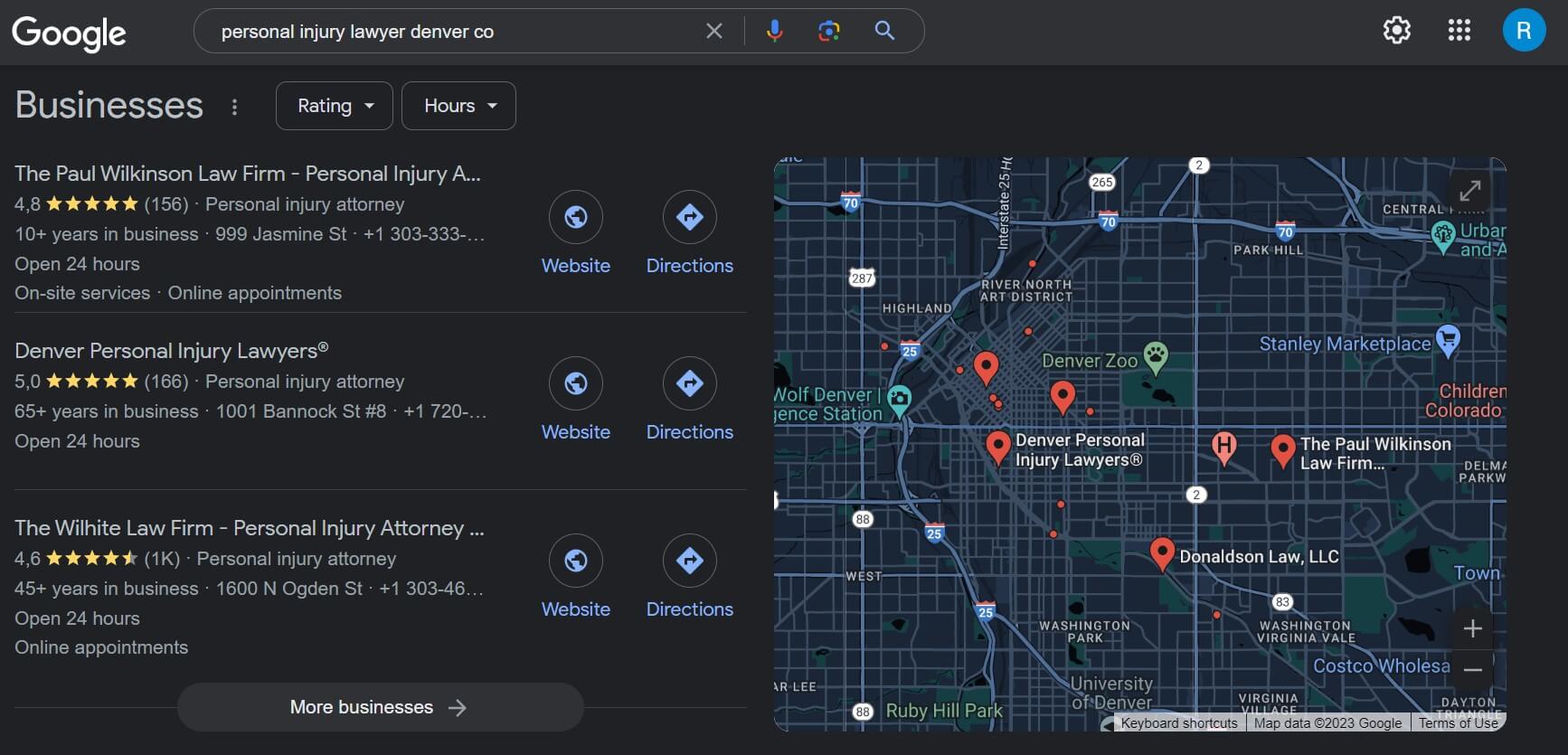
Creating a comprehensive and accurate Google Business listing is critical for establishing credibility and increasing visibility within your local community.
One of the ways in which you can succeed with hyperlocal marketing is by giving Google as much information about your business as possible.
An easy way to do this is by completing all of the possible fields in your Google Business Profile settings.
This includes:
- Business Name
- Contact Information
- Address
- Business Hours
- Photos and Videos
- Google My Business Q&A
To optimize your Google Business listing effectively, follow these actionable tips:
- Local Keyword Research: Identify relevant keywords that reflect your business and incorporate them naturally into your listing description and Google Posts.
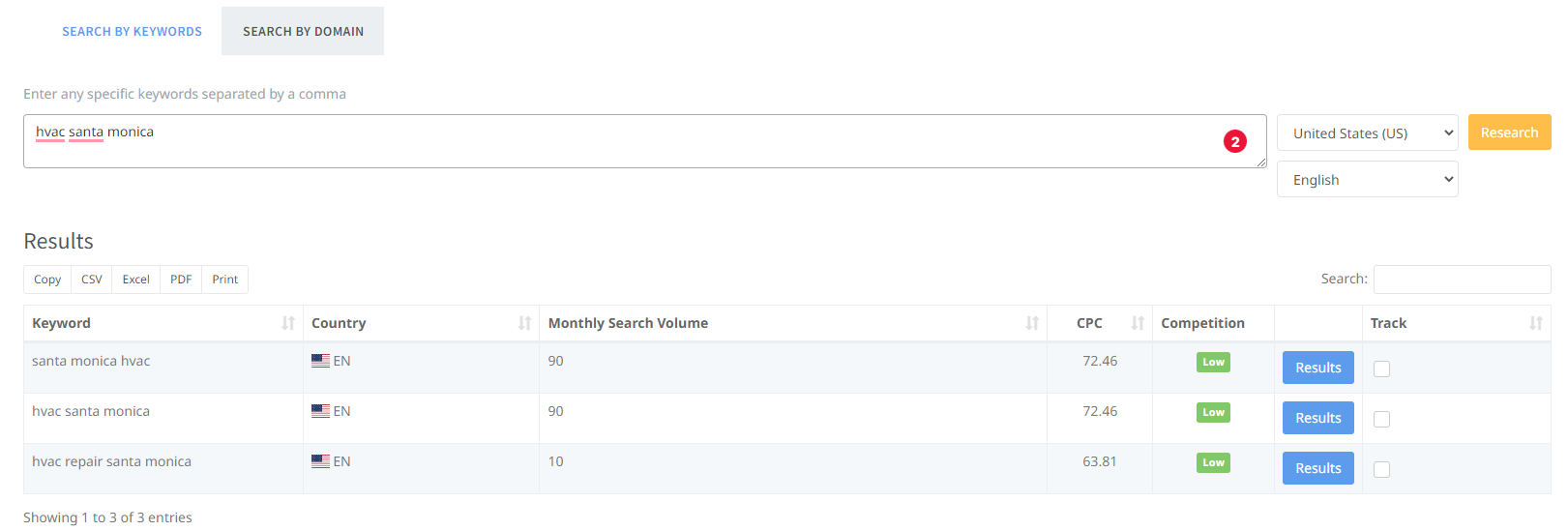
- Compelling Description: Craft a compelling and concise business description that highlights your unique selling propositions and appeals to local customers.
- Categories and Attributes: Select the most appropriate business category and Google attributes that accurately represent your business to improve search visibility.
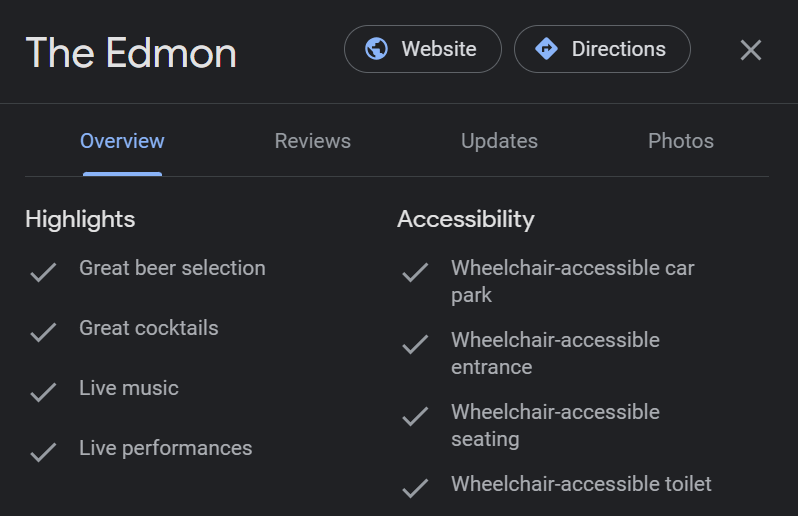
- Regular Updates: Keep your Google Business listing up to date with any changes in your business hours, offerings, or contact information.
- Monitor and Respond: Regularly monitor customer reviews and promptly respond to feedback, both positive and negative, to demonstrate exceptional customer service.
By optimizing your Google Business listing, you increase your chances of appearing in local search results, attracting qualified leads, and ultimately driving more foot traffic and conversions for your business.
Create Local Content
Local content marketing is a powerful hyperlocal marketing tactic that focuses on creating and distributing valuable, relevant, and localized content to engage with your target audience within a specific geographical area.
Local content marketing allows businesses to establish themselves as trusted authorities within their local community while connecting with the specific interests and needs of their target audience.

Here's why it's an effective hyperlocal marketing tactic:
- Relevance: Local content resonates with your audience on a personal level, addressing their unique challenges, interests, and preferences. It helps build a sense of connection and relevance.
- Trust Building: By showcasing your expertise and providing valuable insights through local content, you can establish trust with your audience, positioning your business as a go-to resource in the community.
- Differentiation: Local content sets you apart from national or global competitors by leveraging your deep knowledge of the area and demonstrating your commitment to the local community.
- Engagement and Interaction: Local content fosters engagement and interaction with your audience, encouraging comments, shares, and participation. This creates a sense of community and strengthens customer relationships.
How to Create the Best Local Content for Hyperlocal Marketing
To create the best local content, consider the following pointers:
Identify Local Topics
Research and understand the interests, events, and issues specific to your local community. This could include local news, trends, and upcoming events.
Personalize Your Approach
Use local language, references, and anecdotes to make your content relatable and resonate with your audience.
Address Local Pain Points
Identify the challenges and pain points faced by your local audience and provide practical solutions or tips through your content.
Leverage Local Experts and Influencers
Collaborate with local influencers, experts, or community organizations to co-create content or feature their stories, enhancing credibility and reach.
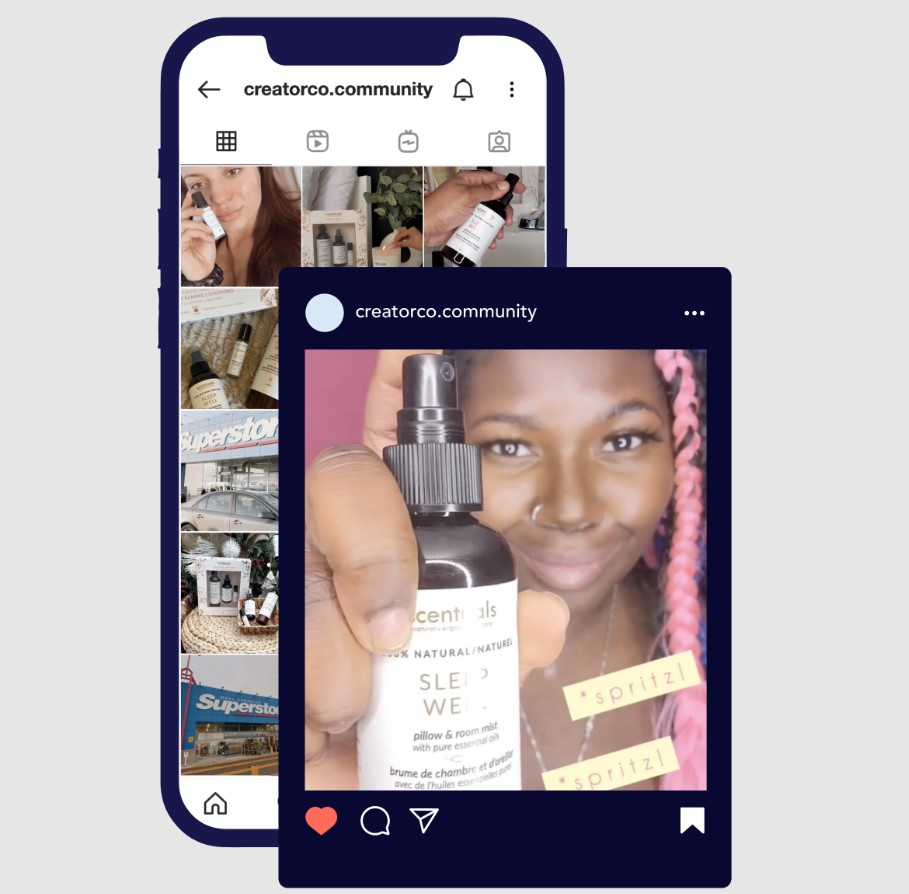
Image source: Creators.co
Visual Storytelling
Incorporate high-quality visuals, such as images and videos, to enhance the storytelling aspect of your content and make it more engaging.
Leverage User-Generated Content (UGC)
Encourage your local customers to share their experiences, testimonials, and photos related to your business. Highlighting UGC adds authenticity and social proof to your content.
Promote Local Events and Causes
Showcase local events, sponsorships, or community initiatives to demonstrate your involvement and support for the local area.
By consistently creating valuable, localized content that speaks directly to the interests and needs of your target audience, you can position yourself as a trusted resource, build strong relationships, and drive hyperlocal success.
Optimize Your Website for Local Searches
In today's competitive digital landscape, optimizing your website for local searches is crucial to increase your visibility within your target geographical area.
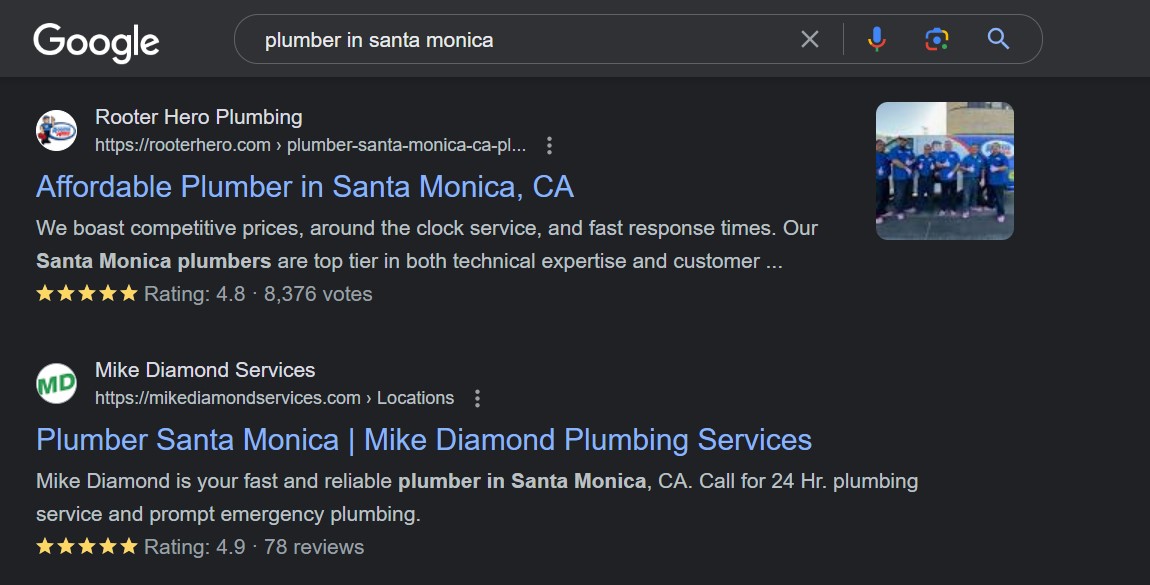
By implementing effective strategies, you can enhance your local presence, attract local customers, and boost your rankings in local search results.
Importance of Optimizing for Local Searches
- Targeting Local Audience: If your business caters primarily to a local customer base, optimizing your website for local searches allows you to reach and connect with potential customers in your area. It helps you tap into the local market and increase the likelihood of converting website visitors into offline customers.
- Enhanced Visibility in Local Search Results: Local optimization techniques can help your website appear prominently in search engine result pages (SERPs). This increased visibility increases the chances of attracting potential customers who are actively searching for products or services in their local area.
- Improved User Experience: Optimizing your website for local searches often involves providing accurate and relevant information, such as contact details, business hours, and location-specific content. This enhances the user experience by offering easily accessible and useful information, leading to increased engagement and higher conversions.
- Competitive Advantage: Local optimization allows you to compete effectively against businesses that operate in your geographic vicinity. By targeting local keywords and leveraging local search ranking factors, you can stand out from the competition and position your business as a go-to option for local customers.
Ways to Optimize Your Website for Local Searches
- Include NAP Details: Ensure that your website features accurate and consistent Name, Address, and Phone (NAP) details on every page. This information should match the details listed in online directories and local listings, as search engines use this consistency as a ranking signal.

- Embed a Google Map: Embedding a Google Map on your website's contact page helps users easily locate your business and improves your website's local relevance. It also enhances the user experience by providing interactive directions to your physical location.
- Use Location-Specific Keywords: Incorporate location-specific keywords in your website's content, including headings, body text, and meta tags. This optimization signals to search engines that your website is relevant to local searches. For example, if you are a bakery in New York, include keywords like "best bakery in New York" or "New York bakery services."
- Create Location Pages: Build dedicated location pages for different areas you serve. These pages provide localized information about your products or services, testimonials from local customers, and any location-specific promotions or events. This strategy helps enhance your local rankings and improves the user experience for visitors searching within those areas.
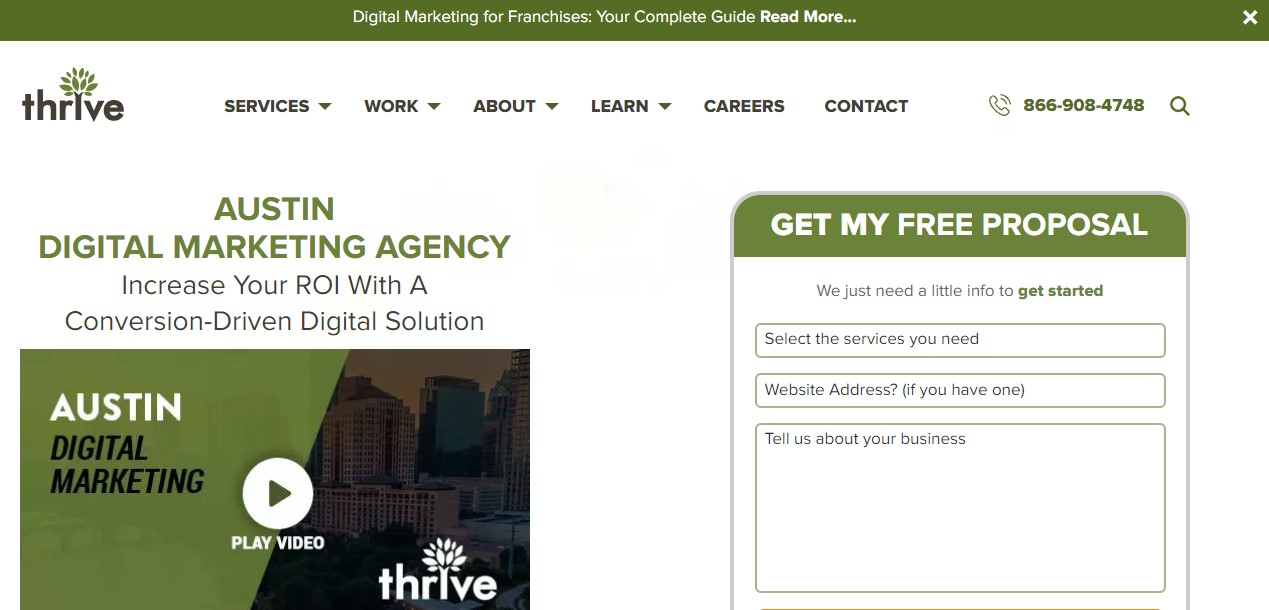
By optimizing your website for local searches, you can increase your visibility, attract local customers, and gain a competitive advantage in your target area.
Implementing strategies like adding NAP details, embedding a Google Map, using location-specific keywords, and creating location pages will help improve your local rankings and drive more qualified traffic to your website.
Generate Online Reviews
Online reviews act as testimonials from real customers, showcasing their experiences with your product or service.
Positive reviews help build trust and credibility in the minds of potential customers, as they see others endorsing your brand.
Consumers often rely on online reviews to make informed buying decisions.
Positive reviews can sway prospective customers towards choosing your product or service over competitors, while negative reviews may deter them. Reviews have a significant impact on the perception of your brand and its offerings.
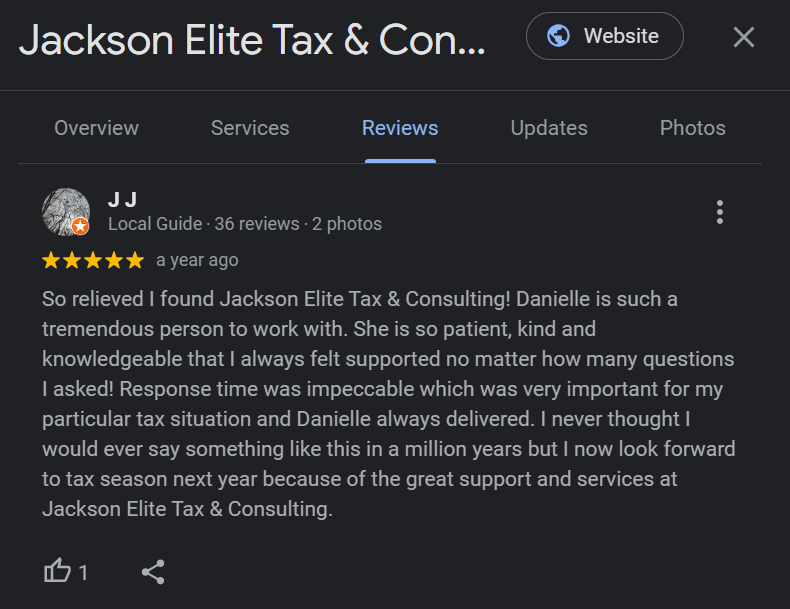
Online reviews contribute to search engine optimization (SEO) efforts. Search engines consider user-generated content, including reviews, as a ranking factor.
A higher volume of positive reviews and ratings can improve your search engine rankings, leading to increased visibility and organic traffic.
Positive reviews provide social proof, helping to alleviate doubts and objections potential customers may have. When prospects see positive experiences shared by others, they are more likely to convert into paying customers.
Online reviews have a direct impact on your conversion rates and overall sales.
Effective Ways to Generate Online Reviews
- Provide Exceptional Customer Experiences: Delivering exceptional customer experiences is the foundation for generating positive online reviews. Focus on providing excellent products or services, exceeding customer expectations, and resolving any issues promptly. Satisfied customers are more likely to leave positive reviews.
- Request Reviews from Happy Customers: Reach out to satisfied customers and politely ask them to share their experience by leaving a review. Send personalized emails or messages, expressing your gratitude for their business and kindly requesting feedback. Make it easy for customers to leave reviews by providing direct links to your Google Business profile or any other review platforms you're using.
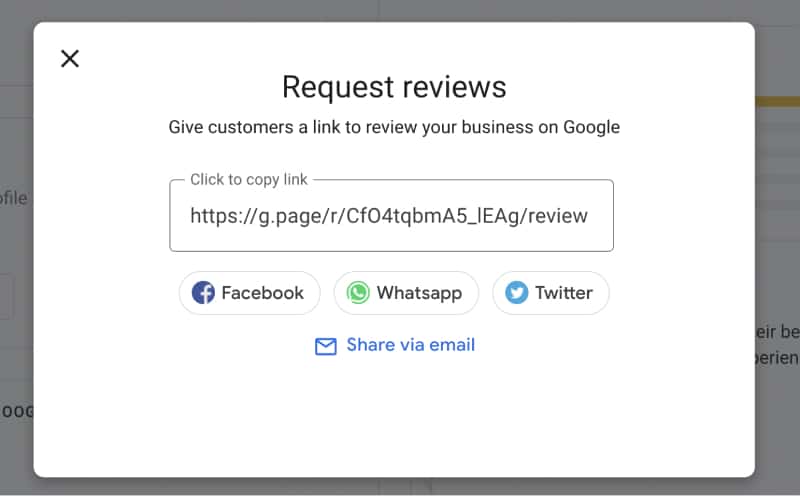
- Leverage Email Marketing: Incorporate review requests into your email marketing strategy. After a customer makes a purchase, follow up with a personalized email expressing your appreciation and encouraging them to share their feedback. Provide clear instructions on how to leave a review and make it effortless for customers to do so.
- Engage on Social Media: Actively engage with your audience on social media platforms. Encourage followers to share their experiences with your brand in the form of reviews or testimonials. Respond promptly to any comments or reviews, showing that you value customer feedback and are committed to addressing concerns.
- Optimize Review Platforms: Claim and optimize your business profiles on popular review platforms such as Google My Business, Yelp, TripAdvisor, or industry-specific platforms. Complete all relevant information, including your business address, contact details, and website. Encourage customers to leave reviews on these platforms.
Remember, generating online reviews is an ongoing process. Continuously monitor and respond to reviews, both positive and negative, to demonstrate your commitment to customer satisfaction.
Engaging with your customers and encouraging feedback will help strengthen your brand's reputation and influence potential customers positively.
Leverage Online Directories and Local Listings
Ensure your business information is accurate and up-to-date across popular online directories and local listings platforms such as Google My Business, Yelp, Bing Places, and Yellow Pages.
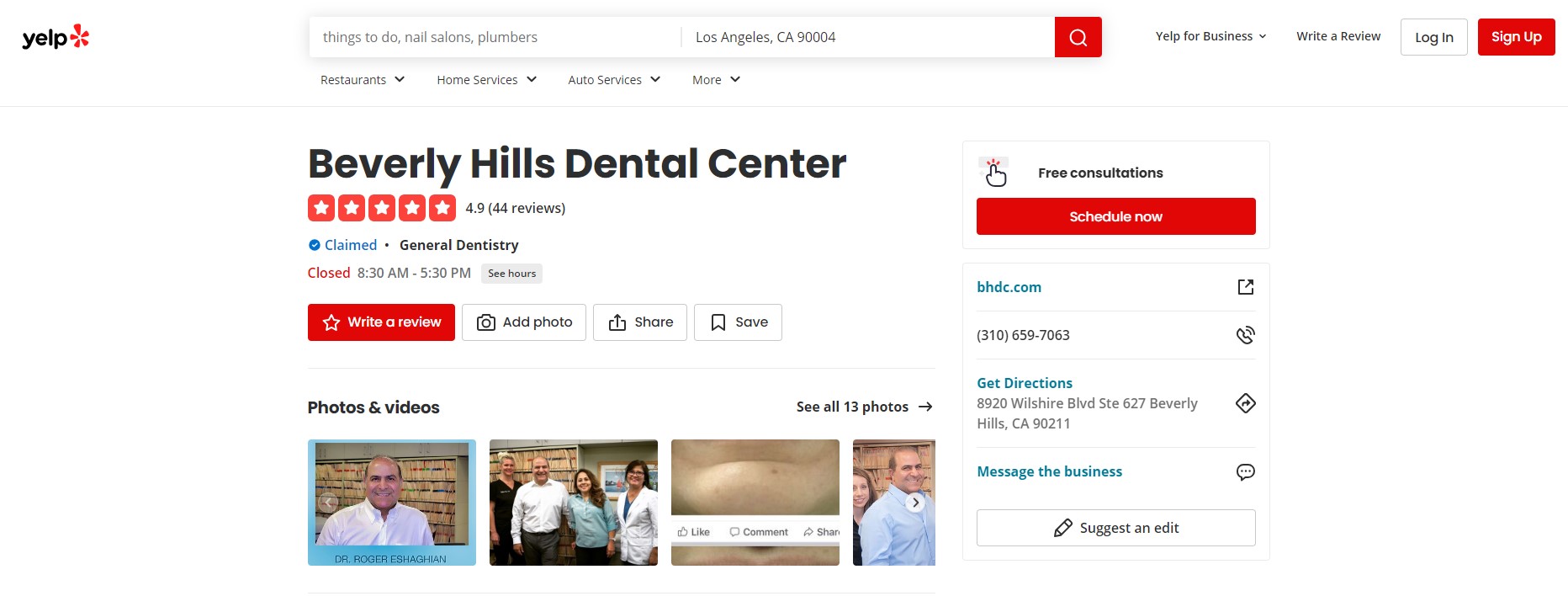
Consistency in your business information across these platforms boosts your local SEO.
Hyperlocal Paid Advertising
Modern advertising platforms like Google Ads and Facebook have revolutionized the way businesses can reach their target audience.
Google Ads and social media marketing platforms like Facebook provide sophisticated tools that allow advertisers to precisely define the geographic areas they want to target.
From cities and neighborhoods to specific ZIP codes or even a radius around a specific location, these platforms offer granular control over ad placements.
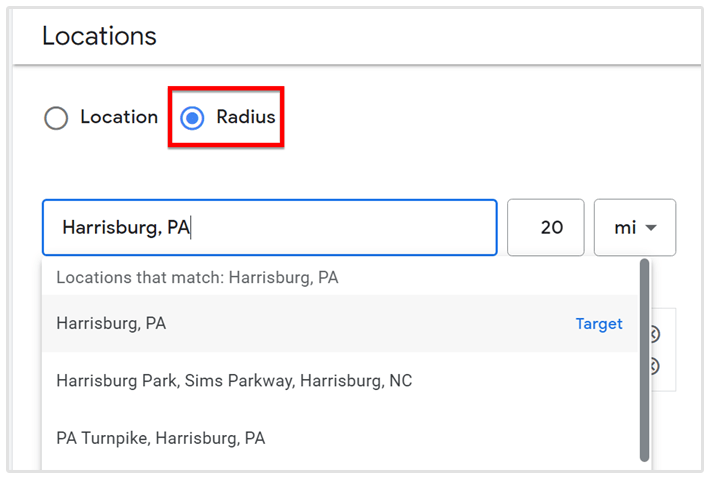
By targeting very specific areas, advertisers can tailor their messaging and offers to resonate with the local audience.
This level of customization ensures that ads are highly relevant and speak directly to the needs and preferences of people in those specific locations. It increases the likelihood of capturing their attention and driving engagement.
Leveraging these advertising platforms enables businesses to gain insights into the competitive landscape in specific locations. Advertisers can analyze competitor strategies, identify gaps, and develop unique selling propositions to differentiate themselves effectively.
This information empowers businesses to refine their marketing approach and stay ahead in their local markets.
Wrapping Up
By creating content and advertising that is highly relevant and tailored to their local communities, businesses can increase their online and offline presence, boost sales, and unlock hidden opportunities.
Hyperlocal marketing allows businesses to tap into the immense potential of targeting customers who are in close proximity to their physical locations.
This targeted approach ensures that marketing efforts resonate with the needs and preferences of the local audience, leading to higher engagement and conversions.


